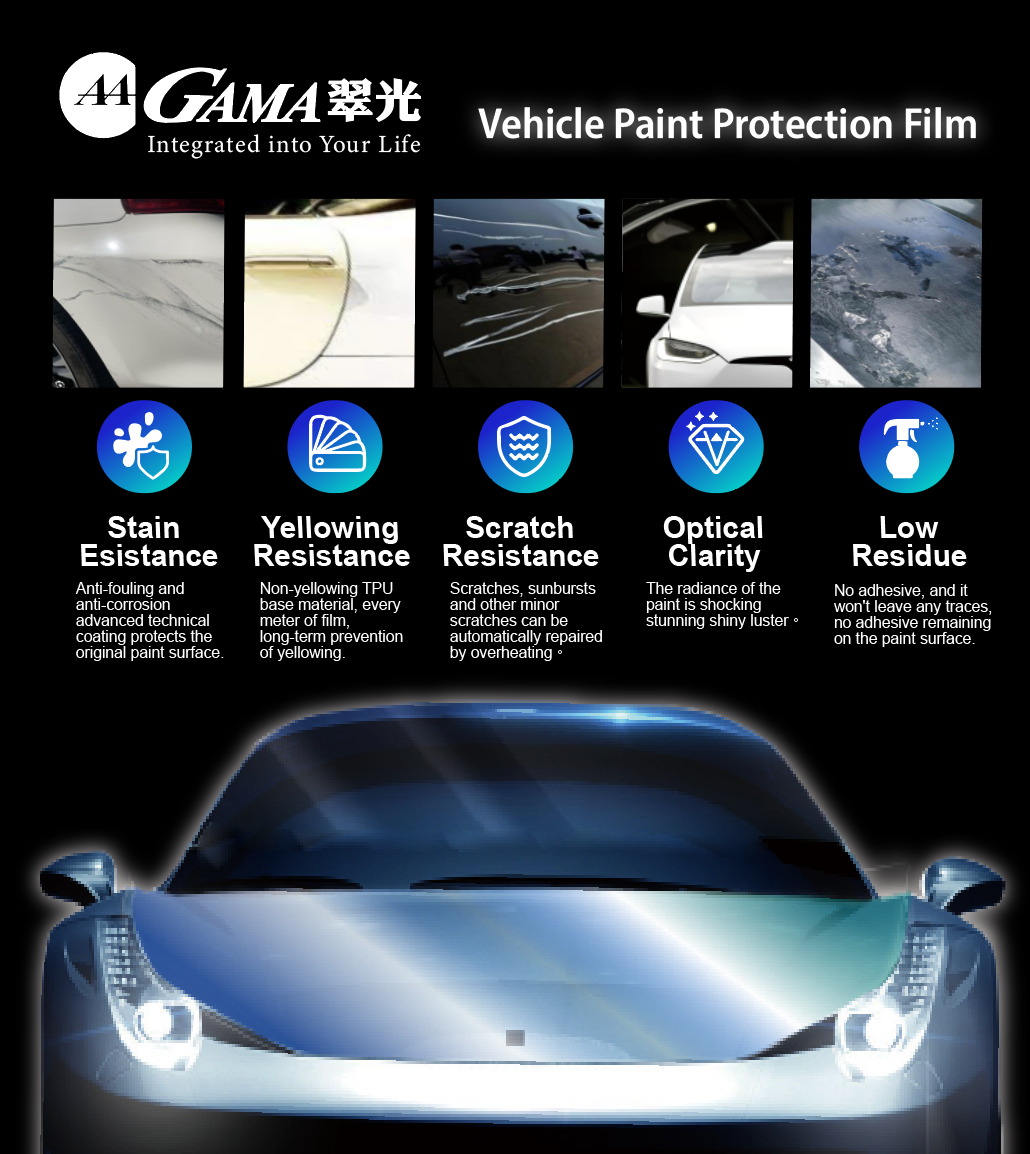Does Mining for Batteries Erase the Climate Benefits of EVs?
The short answer is no. While it’s true that the production of EV batteries has an environmental cost, the overall benefits of EVs still outweigh those of traditional gasoline-powered cars. Let’s break it down:

1. Battery Production and Carbon Footprint:
– Building an EV battery involves mining and processing minerals like cobalt, which can harm the environment.
– The carbon footprint associated with EV battery production is significant due to energy-intensive processes.
– In comparison, building a gas car has a smaller initial environmental impact.
2. Lifecycle Analysis:
– When considering the entire lifecycle of a vehicle (from production to use and disposal), EVs come out ahead.
– Numerous studies have shown that EVs have a clear benefit over gas cars in terms of climate impact.
– Factors affecting this benefit include the specific EV model, the source of electricity used, and other variables.
– The International Council on Clean Transportation (ICCT) found that EVs offer a net positive impact¹.
3. Ongoing Environmental Costs:
– Building a battery is a one-time environmental cost.
– However, burning gasoline in a gas car is an ongoing cost that occurs every time you drive.
– Gasoline production, distribution, and combustion contribute to pollution and greenhouse gas emissions.
4. Beyond Carbon Emissions:
– Mines that extract minerals for batteries can disrupt habitats and pollute through runoff and waste.
– While these negative impacts exist, they don’t negate the overall benefits of EVs.
In summary, while EV batteries do have an initial environmental impact, their long-term benefits in terms of reduced emissions and reliance on fossil fuels make them a better choice for the planet.






